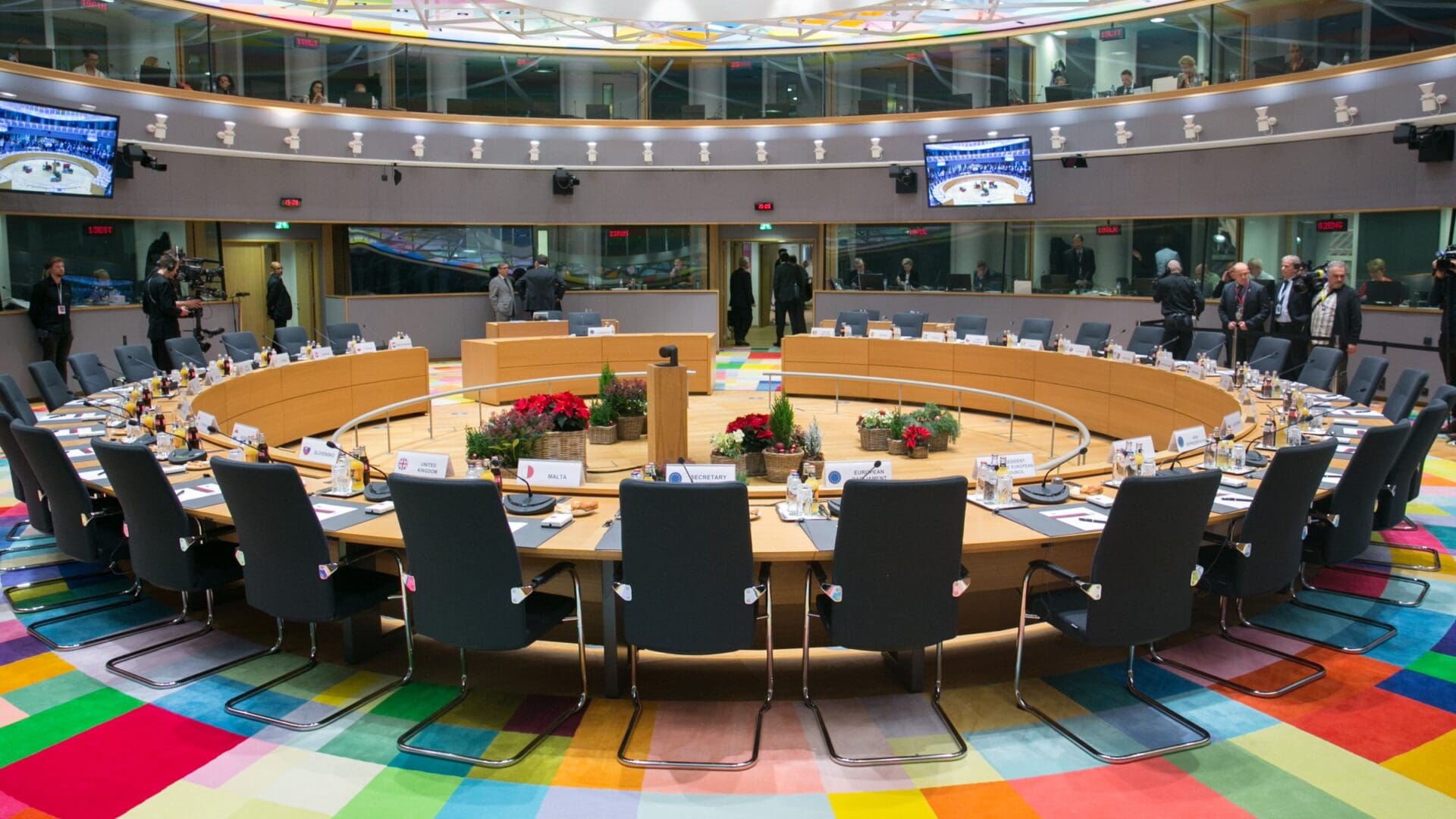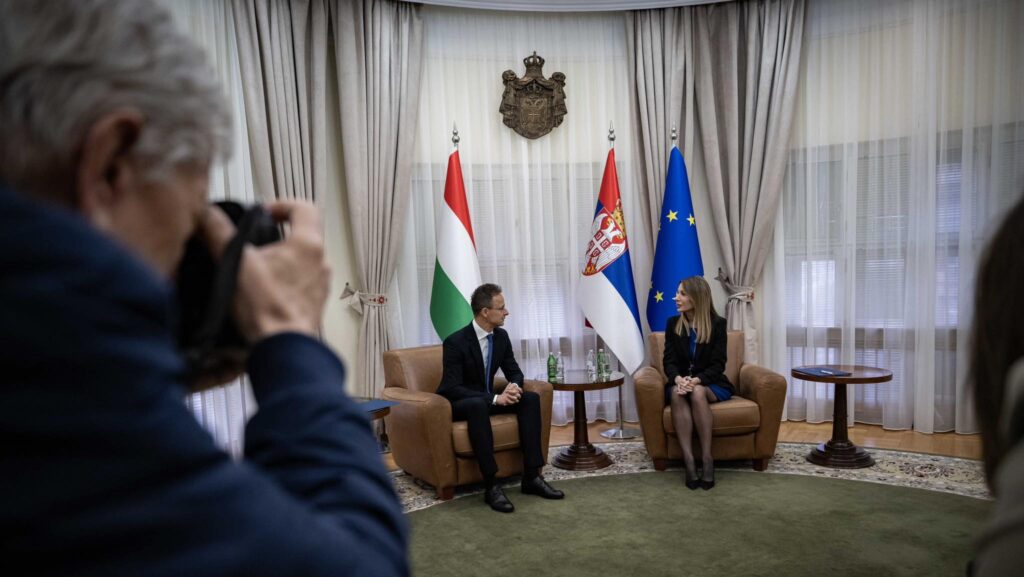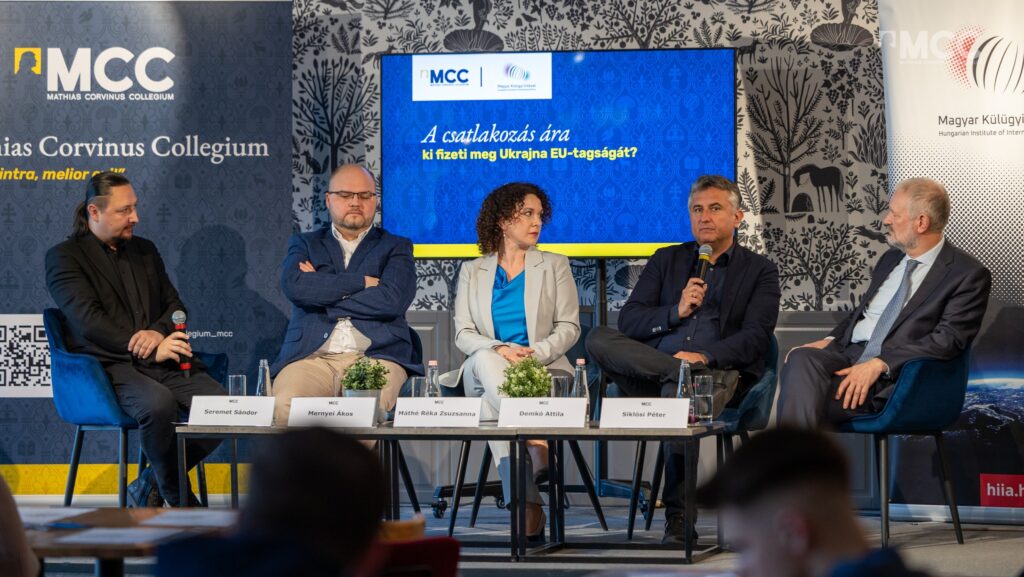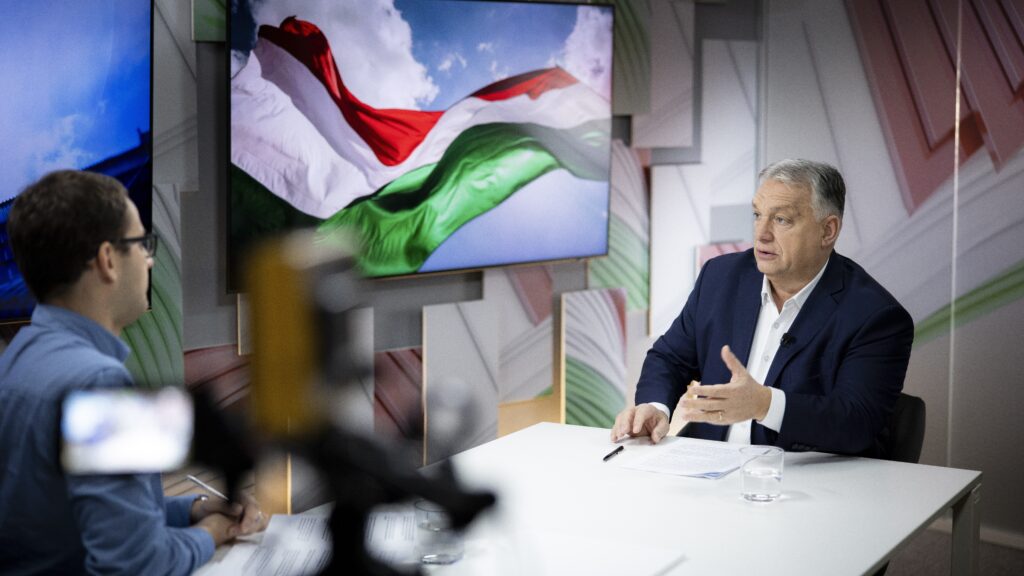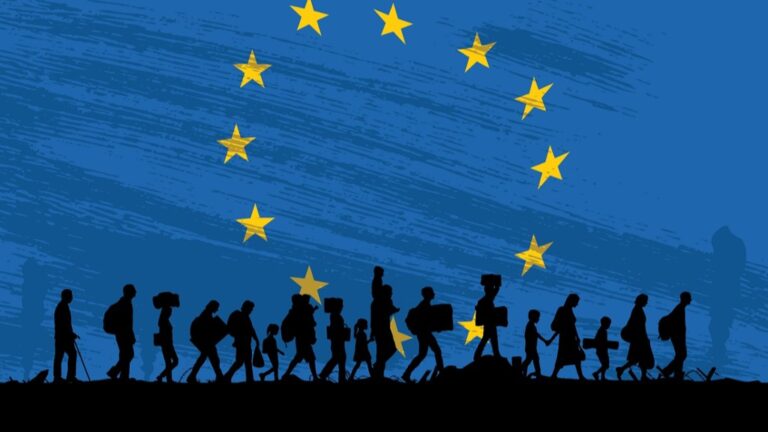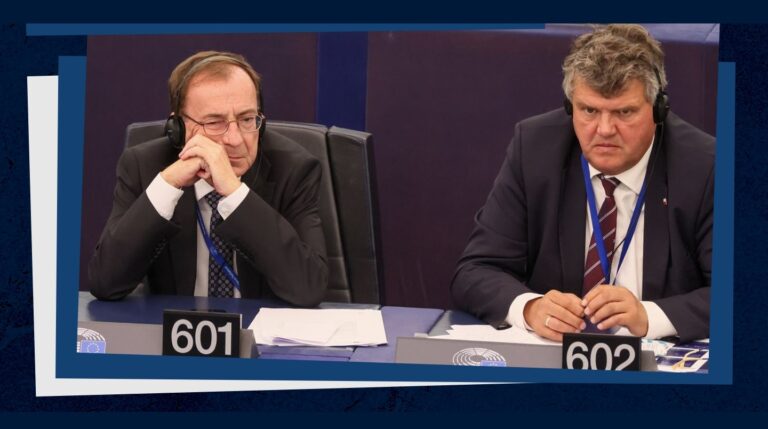At the Extraordinary European Summit of the Council of the European Union in Brussels on 17–18 April 2024, heads of state or government discussed, among other issues, the strategic agenda, which sets out the key political orientations and strategic objectives for the Union’s next five-year period. The agenda is set to be adopted in June 2024.
One of the biggest challenges in the coming years is stopping the decline of the EU’s competitiveness. Therefore, former Italian Prime Minister Enrico Letta was invited by European leaders to prepare a report to address this challenge and draw up possible solutions to the issue. His report entitled ‘Much more than a market – Speed, Security, Solidarity – Empowering the Single Market to deliver a sustainable future and prosperity for all EU Citizens’[i] was also published this week and presented at the summit. In his comprehensive work, Letta emphasized the importance of further developing a single internal market that continues to be a cornerstone of European integration and values, serving as a powerful catalyst for growth, prosperity, and solidarity. However, the international scenario has profoundly changed, highlighting the need to develop a new Single Market. The content and aims of the report and other proposals are also essential for Hungary in terms of the tasks for the Hungarian EU Presidency in the second half of 2024.
The strategic agenda, which outlines the political priorities and main strategic objectives for the EU’s new actors over the next five years, is
a crucial document that must be developed prior to institutional changes, the European Parliament elections of June 2024, and the appointment of the European Commission.
This agenda will serve as a guiding light for the EU’s future policies and actions.
The negotiations about the agenda started in November 2023 when President Michel launched a round of consultations to deepen discussions on critical questions related to the EU’s policies, financing and decision-making.[ii] On the one hand, the EU has faced severe, unprecedented crises in recent years; on the other hand, the ongoing geopolitical rearrangement poses a significant challenge to the Union and the agreement on the new agenda for 2024-2029. In addition to combatting climate change, mitigating the effects of the migration crisis and the COVID-19 pandemic, the issue of further enlargement of the EU in the context of the war in Ukraine, and the idea of institutional reform of the Union are crucial topics the EU must deal with and solve. Therefore, not only the political directions of the 2024-2029 period need to be formulated, but the named crucial strategic issues should be answered. Regarding the enlargement, EU institutions should be made suitable for welcoming new members, and it should also be answered how the reform and the enlargement of the Union will relate to each other.
At the informal European Council meeting in Granada on 6 October 2023, EU leaders set the significant issues related to the EU’s strategic priorities for 2024-2029 in their Granada declaration[iii], outlining key priorities and actions to make Europe a strong, dynamic and competitive power. These areas are security and defence, resilience and competitiveness, energy, migration, global engagement, and enlargement. In terms of security and defence, military mobility, resilience in space, countering cyber and hybrid threats, and foreign information manipulation are addressed by the Member States. Regarding competitiveness and the EU single market, EU leaders aim to focus on crisis preparedness, the green and digital transitions, energy and resource efficiency, adaptation to climate change and critical medicines and raw materials.
The report prepared by Enrico Letta also focuses on this competitive aspect of the EU, highlighting the importance of those economic sectors for which the single market has not yet been expanded. In light of this, as a primary task, it has identified the removal of barriers in telecommunications, energy, and capital markets and the creation of a single European market for the European defence industry. In his view, opening up areas that are still in national competence to competition can significantly increase the growth potential of European economies even in the medium term. According to Letta, and this is also crucial from the Hungarian point of view,
some Member States are facing a significant challenge due to brain drain, due to the migration of skilled workers,
as a result of which some countries and regions, especially in Central and Eastern Europe and in Southern Europe, may be depopulated.
Hungary has actively sought to contribute to the development of the strategic agenda, recognizing the pivotal role of these issues in shaping future EU policies. The Hungarian position emphasizes the importance of maintaining the proper functioning of the internal market, the free movement of persons, economic development and convergence, equal treatment, the enforcement of freedoms, and the preservation of the freedom of choice of Member States. The support of cohesion and agricultural policy is also a significant issue for Hungary, ensuring that the next enlargement of the EU does not undermine the achievements in these areas. Equal access to EU funds by Member States is a crucial element of EU unity and solidarity, as well as for preserving the competitiveness of internal markets. It is worth noting that the strategic agenda will also assign important tasks to the Hungarian EU Presidency in the second half of 2024, as it will be responsible for implementing the objectives of the new agenda.
Besides the above, at the summit, EU leaders adopted conclusions on Ukraine, the Middle East, and Türkiye as well.[iv] The European Council reiterated the EU’s unwavering commitment to providing continued political, financial, economic, humanitarian, military, and diplomatic support to Ukraine. Regarding the Middle East, the EU has strongly condemned Iran’s drone and missile attacks against Israel, which threaten regional security.
[i] Enrico Letta, ‘Much more than a market – Speed, Security, Solidarity – Empowering the Single Market to deliver a sustainable future and prosperity for all EU Citizens’, (April 2024), https://www.consilium.europa.eu/media/ny3j24sm/much-more-than-a-market-report-by-enrico-letta.pdf, accessed 18 April 2024.
[ii] President Michel’s Strategic Agenda consultations (8 November 2023), Consilium Europa, https://www.consilium.europa.eu/en/press/press-releases/2023/11/08/president-michel-s-strategic-agenda-consultations/, accessed 18 April 2024.
[iii] The Granada Declaration (Informal meeting of heads of state or government, Granada, 6 October 2023), Consilium Europa, https://www.consilium.europa.eu/en/press/press-releases/2023/10/06/granada-declaration/, accessed 18 April 2024.
[iv]Special meeting of the European Council (17 and 18 April 2024) – Conclusions (18 April 2024), European Council, Brussels, EUCO 12/24, Consilium Europa, https://www.consilium.europa.eu/media/m5jlwe0p/euco-conclusions-20240417-18-en.pdf, accessed 18 April 2024.

